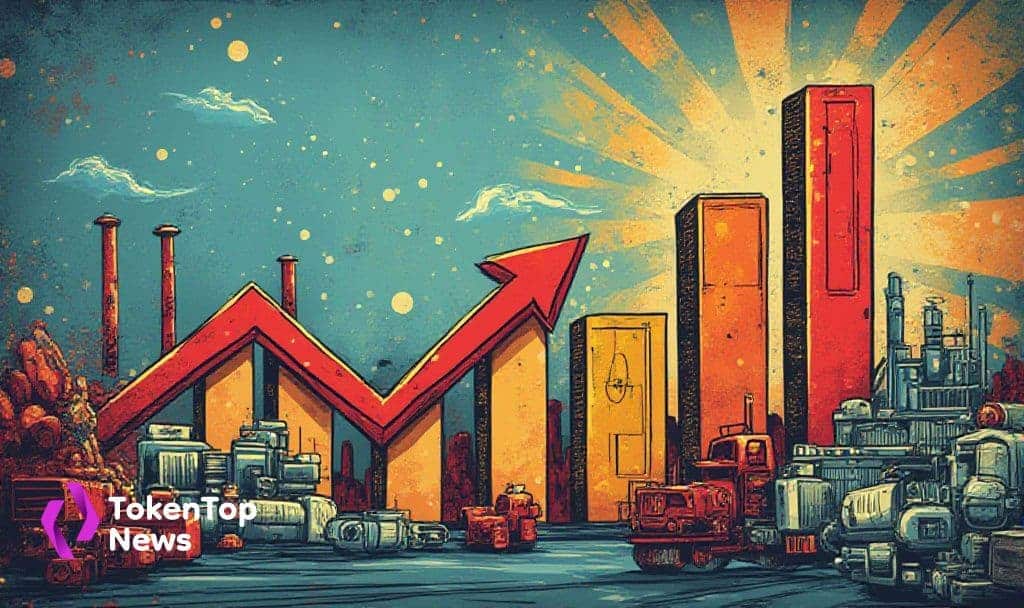US Composite PMI Slips Amid Service Sector Slowdown
- US Composite PMI drops, signaling slower service sector growth.
- Manufacturing outpaces services in August PMI data.
- Persistent price pressures despite eased input costs.

The August 2025 S&P Global US Composite PMI reported a decrease to 54.6, marking a slower expansion in the US service sector while manufacturing output hit a three-year high.
This indicates a moderation in economic growth, with potential impacts on risk assets whose prices are influenced by macroeconomic trends, highlighting investor attention towards future Fed policy shifts.
The August 2025 S&P Global US Composite PMI recorded a decline to 54.6, down from 55.1 in July. The service sector’s reduced pace was highlighted, despite manufacturing output accelerating markedly.
The S&P Global Economics team reported this activity, with the PMI release authored by senior economists. The August figures showed a shift with service activity moderating while manufacturing experienced an upswing.
Market reactions to the PMI data were muted, with significant impact on risk assets like BTC and ETH expected only if macro trends change drastically. For now, the U.S. economy continues on an expansion path.
Chris Williamson, Chief Business Economist at S&P Global, stated, “Slower growth mainly reflected a moderation in US service sector activity (PMI at 54.5 vs 55.7 in July), even as manufacturing output increased at its fastest pace since May 2022 (PMI at 53 vs 49.8).” The financial markets are closely monitoring inflationary pressures as input costs rose sharply, largely influenced by tariffs. Interest in policy changes remains high as further Fed guidance could alter the economic forecast.
The community response to the PMI figures was subdued, focusing on broader economic indicators rather than immediate effects. Sentiment among crypto enthusiasts has not shifted significantly.
Potential outcomes for the financial sector include concerns over tariff-driven inflation influencing long-term growth projections. Historical data suggest risk assets like BTC and ETH may show stability unless macro shocks occur.





